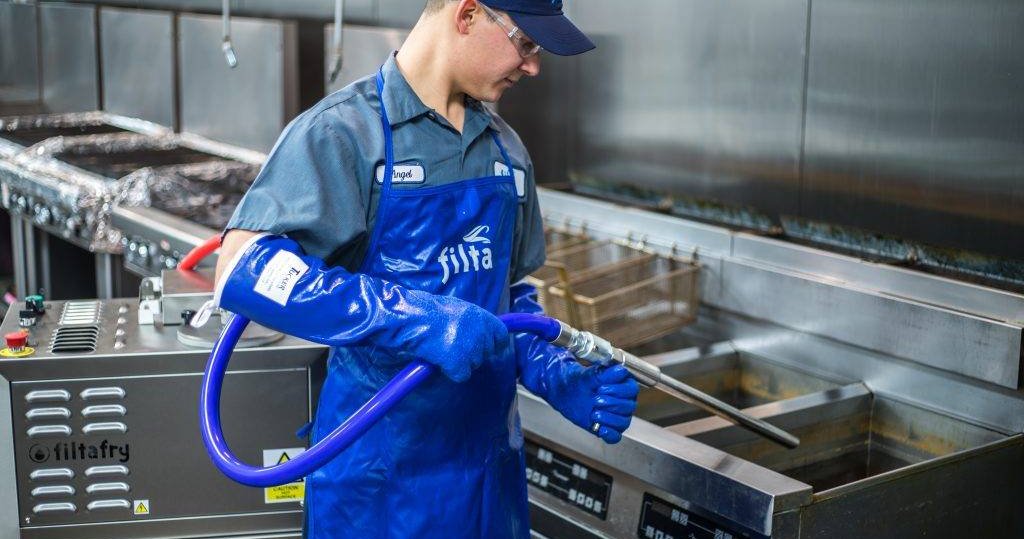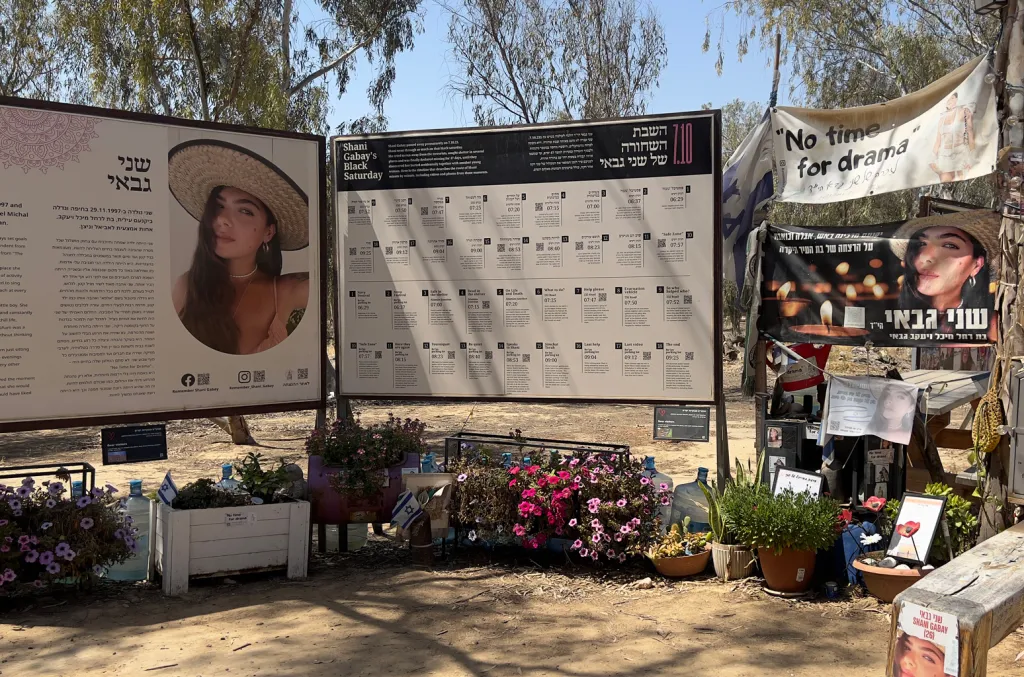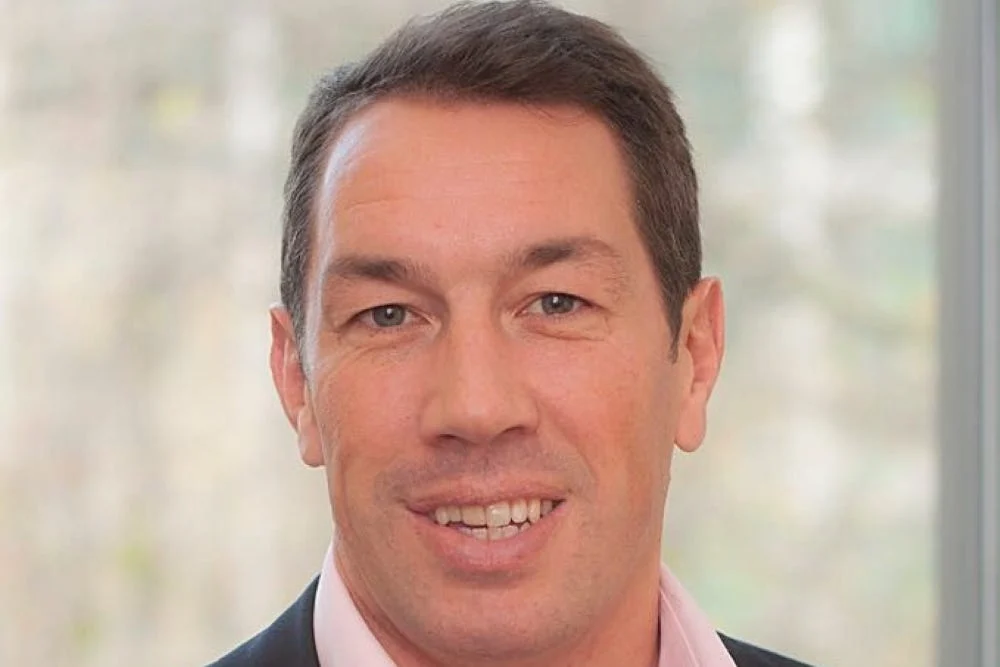Meet the company that recycled 150,000 pounds of cooking oil from Lincoln Financial Field last year
By Michaela Althouse
Copyright phillyvoice

Shortly after thousands of sports fans and concertgoers exit venues like Xfinity Mobile Arena and Lincoln Financial Field, another group heads inside: the oil filtration team.
Every month, thousands of gallons of canola, soybean, peanut and other oils are used for deep-frying the treats and snacks commonly found at kiosks, stands and cafeterias around the city. And at a some of Philadelphia’s biggest venues, the oil is actually used more than once, having been recycled behind-the-scenes by Filta Environmental Kitchen Solutions.
The company processes oils that are used to make deep-friend snacks like chicken tenders, funnel cakes and corn dogs. The team rates the quality of the oil on a scale and when it’s deemed unfilterable, they take it off-site to their warehouse, where it will eventually get reused by oil refineries. It’s no small job — in 2024, the company recycled 150,000 pounds from Lincoln Financial Field alone.
Filta’s Philadelphia Owner Derek Riebel said they can recycle just about any kind of cooking oil except lard because it will turn back into a solid. The process, he said, prolongs the life of the oil and saves workers the job of placing it in large drums before it gets collected on-site.
“It’s good for the environment,” Riebel said. “It also helps them buy less oil. … It reduces their liability, it makes things safer, improves their food quality, and just removes a job that is really hard to get somebody in the kitchen to do.”
Riebel and his company have jobs across the country. In Philadelphia, they work at the Xfinity Mobile Arena, Lincoln Financial Field and Citizens Bank Park, plus the Philadelphia Zoo. They also work with local universities — including Drexel, Penn, Temple and St. Joseph’s — and hospitals. It takes anywhere from six to 12 hours to turn over one of the stadiums, so a team will work overnight and leave the kitchens ready-to-use early in the morning.
Filta uses a device called the Filtafry that’s about the size of a shopping cart and vacuums out the oil from a fryer, all while keeping it at 370 degrees so it never loses its heat. The warmer temperatures help speed up the filtration process by improving the flow and making the oil easier to clean. The oil will run through three different filters which will catch any large pieces and add pressure and heat for sanitizing. The fryer will also get vacuumed out and cleaned during this process.
Riebel said oil can be recycled a few times depending on how dirty it is, and the process usually doubles the life of cooking oils. There’s no set limit to how many times the oil can be recycled, and factors such as how often a fryer is used can determine how quickly it needs to be changed. Oil is recycled at the Linc after every Eagles game, Riebel said, due to the high number of fans and the length of time between events at the stadium.
“A lot of times when it’s done, you can see through the oil, sometimes straight to the bottom of the fryer,” Riebel said. “It’ll change color entirely if you clean it up and make it look better.”
When the oil can no longer be recycled, Filta will take it off-site and store it in a warehouse, where it will eventually be collected by refineries and remade into biodiesel fuel. It’s also starting to be made into jet fuel, Riebel said. Filta recycles anywhere between 12,000 to 18,000 gallons of oil per month, and its facility will store about 8,5000 gallons of waste oil before it gets collected.
Before starting Filta 11 years ago, Riebel worked as a mortgage broker. But when a friend who owned a few Duck Donuts shops was struggling to find a filtration service for his oil, Riebel decided to look into it and became a franchise owner at Filta for the Norfolk, Virginia, area. Over a decade later, he’s since expanded his work to the Washington, D.C., Baltimore and Philadelphia.
Riebel grew up in Delaware County, but started the business in Virginia. When he got the chance to work in Philadelphia in December 2023, he jumped at it.
“When this market became available, I did everything I could to move back up here since I’m originally from here,” Riebel said. “These are my hometown teams.”



